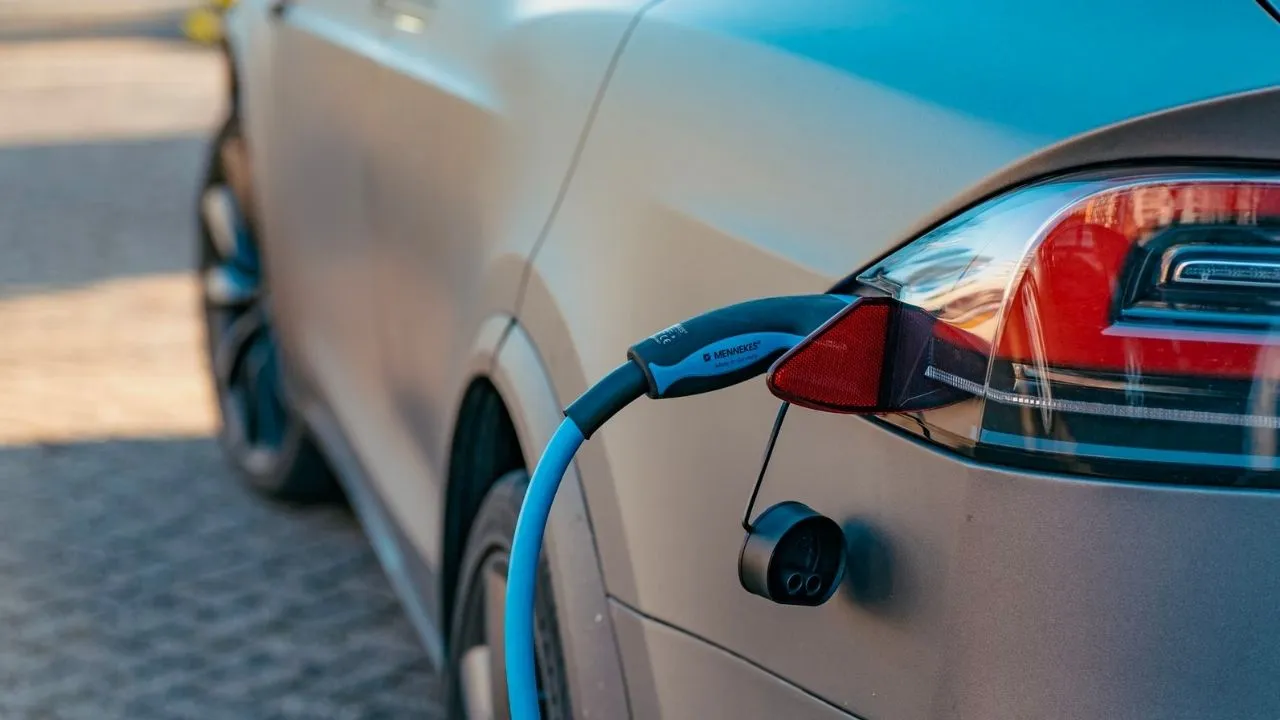When it comes to electric cars, there are a lot of factors that go into their performance. Of course, one crucial thing to consider is torque. But what exactly is torque, and how is it measured in electric cars? This post will break down everything you need to know about torque and how it affects electric vehicles. By the end, you’ll be an expert on the subject! So let’s get started.
Do Electric Vehicles Have Torque?
Yes, electric vehicles certainly have torque. They often have more torque than traditional gasoline-powered vehicles. This is due to the electric motor’s ability to produce a lot of torque from zero rpm. This makes electric cars great for acceleration and climbing hills. But, one downside to electric vehicles is that they can be more challenging to drive in winter weather because they don’t have the same type of traction as gasoline-powered vehicles.
What Is Torque In Electric Cars?
Torque is a rotational force that is applied to an object. In electric cars, torque is what powers the vehicle. The more torque that is applied to the car, the faster it will go. Torque is measured in newton meters (Nm). Electric cars have motors that produce a lot of torque, which is why they are so fast. Some of the fastest electric vehicles can go from 0 to 60 mph in seconds.
Electric cars also have a lot of torque at low speeds. This is what allows them to climb hills and pull heavy loads. The torque curve in electric vehicles is much flatter than in gasoline cars. This means that the car has more torque at all speeds, which makes it more efficient. Electric vehicles are becoming a popular choice for people looking for fast, efficient cars.
How Is Torque Measured In Electric Cars?
Electric cars rely on a motor to create torque, the rotational force that powers the vehicle. The torque required to turn the wheels determines how much power the electric motor needs to produce. There are different ratings for electric cars in terms of torque. It helps consumers understand how powerful the vehicle will be.
To measure the torque output of an electric car, engineers use a dynamometer. This device measures the force applied to it, and it can be used to calculate the torque of an electric vehicle. Engineers can see how well each electric car model performs and make adjustments as needed.
The torque rating of an electric car is critical because it can affect how the car drives. More torque means the car will be more powerful and handle heavier loads. It can also make the car feel more responsive when you accelerate. So if you’re looking for a powerful electric vehicle that can handle a lot, be sure to look for one with a high torque rating.
Does Torque Effect the Overall Performance of Electric Car?
The torque of an electric motor is the rotational force that it produces. Torque can be described as a measure of how much work an engine can do in a given period of time. This is why torque is such an essential factor in electric vehicles.
When it comes to electric cars, torque is one of the most critical factors that determine the car’s overall performance. The more torque an electric motor produces, the faster the car can accelerate. This is why electric vehicles with more powerful engines often perform better than those with weaker ones.
However, it’s important to note that torque is not the only factor determining a car’s performance. Other factors, such as the vehicle’s weight and the type of battery it uses, also play a role.
So, does torque affect the overall performance of electric cars? In general, yes, it does. However, other factors need to be considered as well.
Do Electric Cars Have Torque Steer?
Electric cars don’t have torque steer the same way gasoline-powered vehicles do. This is because electric motors produce a lot of torque from the get-go. So there’s no need for a power steering system. Torque steer is caused when too much power is sent to the front wheels of a car, which can drive them to steer in different directions. This can make it difficult to control the vehicle and lead to accidents. Electric vehicles don’t have this problem. Because their motors produce a constant amount of power regardless of how fast the vehicle is going, making them much easier to control, they’re becoming increasingly popular among drivers.
Do Electric Cars Lose Torque?
Electric cars are becoming more and more popular with every day that passes. However, there are still a lot of misconceptions about them. One of the most common is whether they lose torque as they go faster.
In short, electric cars do not lose torque when they speed up. This is because their engines work differently than petrol or diesel engines. Electric vehicles rely on electric motors, which generate power through magnets. This means that they can maintain their power and torque even at high speeds.
So, if you’re thinking of buying an electric car, don’t worry. You’ll still be able to zip around town with ease.
Conclusion
In this article, we’ve discussed the importance of torque in electric cars. We’ve looked at what torque is, how it’s measured, and why it’s an essential factor in electric vehicles. We’ve also answered whether electric cars lose torque as they speed up.
Electric cars are becoming more and more popular each year, and with good reason. They’re environmentally friendly, easy to operate, and more powerful than ever. So if you’re looking for an electric car with plenty of torque, be sure to check out the models.
